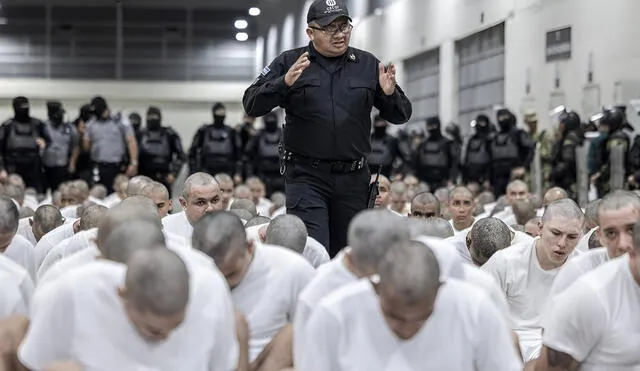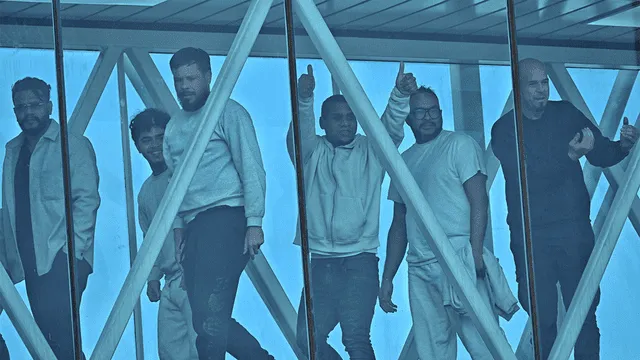Texas Court blocks deportations of Venezuelan immigrants citing insufficient evidence
The use of the Alien Enemies Act to deport Venezuelan immigrants sparks intense debate, with legal challenges and political tensions shaping the future of immigration policy.

A federal judge in El Paso, Texas, has temporarily halted the deportation of Venezuelan immigrants under the Alien Enemies Act of 1798. The ruling came after the Trump administration initiated deportations of individuals accused of gang affiliations, specifically with the Tren de Aragua gang. The judge's decision blocks further removals in the western district of Texas, citing concerns overdue process and the application of the 18th-century law in a peacetime context. This move marks a significant legal challenge to the administration's immigration enforcement strategies.
The Alien Enemies Act, enacted during the presidency of John Adams, grants the government authority to detain and deport citizens of enemy nations during wartime. The Trump administration's use of this law to target Venezuelan immigrants has sparked controversy, as Venezuela is not currently at war with the United States. Critics argue that applying an antiquated wartime law to civilian immigration matters undermines constitutional protections. Supporters contend that the law is necessary to address national security concerns posed by alleged gang affiliations.
Legal challenges stall deportations of Venezuelan immigrants under alien enemies act
The administration's deportation efforts have faced multiple legal hurdles. Earlier court decisions had temporarily blocked removals, leading to a complex legal battle. The recent ruling in El Paso adds to the growing list of judicial setbacks for the administration's use of the Alien Enemies Act in immigration enforcement. Legal experts anticipate further challenges as the case progresses through the courts.
The deportation orders have affected numerous Venezuelan immigrants, many of whom fled their home country seeking refuge in the United States. The legal uncertainty surrounding their status has caused significant distress among these individuals and their families. Advocacy groups are closely monitoring the situation, providing support and legal assistance to those impacted by the deportation orders. The recent court ruling offers a temporary reprieve, but the long-term outcome remains uncertain.
Debate intensifies over alien enemies act use in immigration deportations
The application of the Alien Enemies Act in this context has elicited strong reactions from various political and public figures. Critics argue that the administration's actions are an overreach of executive power and a violation of civil liberties. Supporters maintain that the measures are necessary to protect national security and uphold the rule of law. The debate continues to fuel discussions about the balance between security and individual rights in immigration policy.

Protests and legal challenges intensify in Texas as the government enforces deportations of Venezuelan immigrants under the Alien Enemies Act. Photo: AFP
As the legal proceedings continue, the future of the administration's deportation strategy remains in flux. The courts will play a pivotal role in determining the constitutionality and legality of using the Alien Enemies Act for immigration enforcement. The outcome of these cases could have significant implications for future immigration policies and the interpretation of wartime laws in modern governance. Observers are closely watching developments, anticipating further legal challenges and rulings in the coming months.













